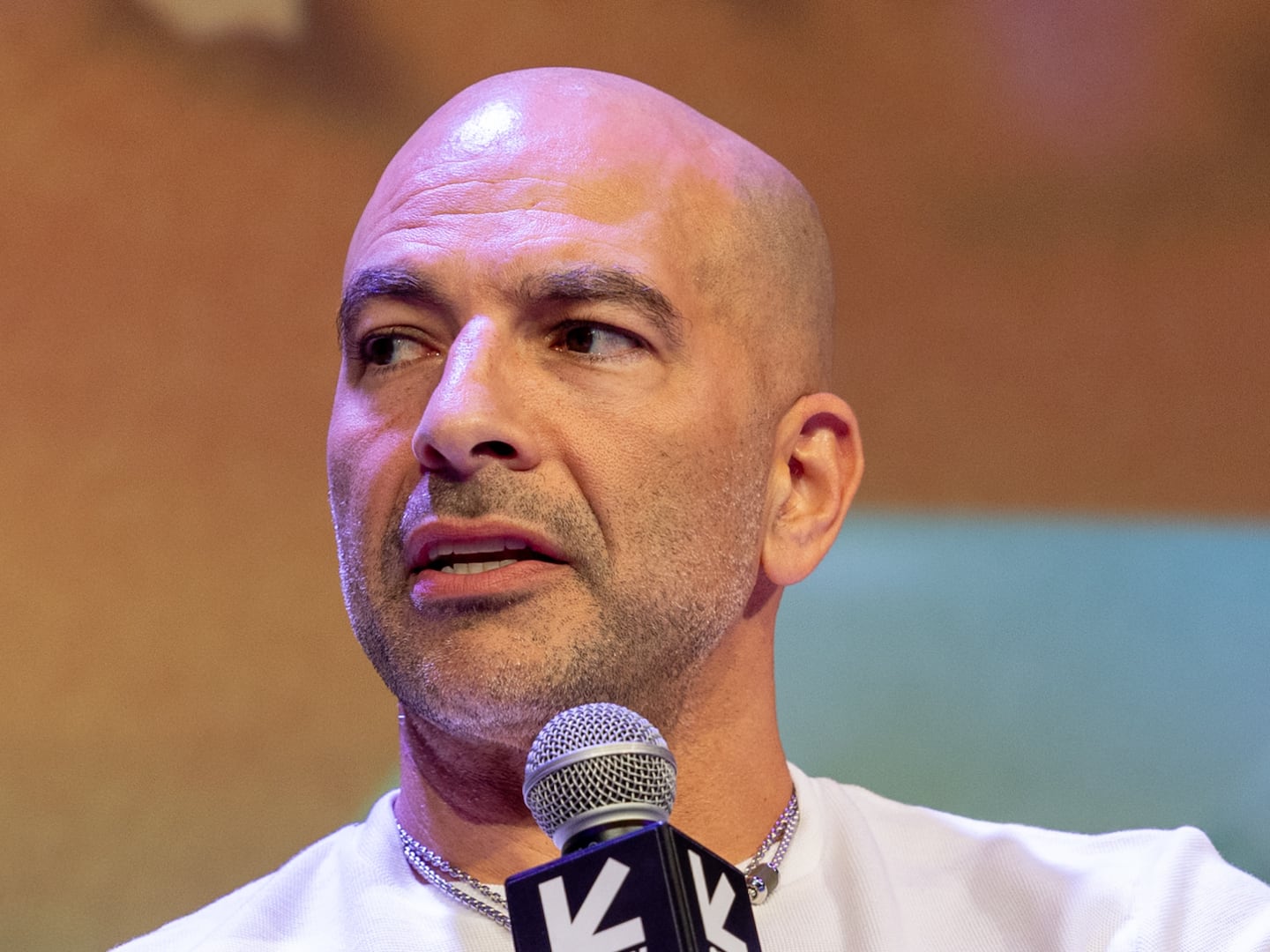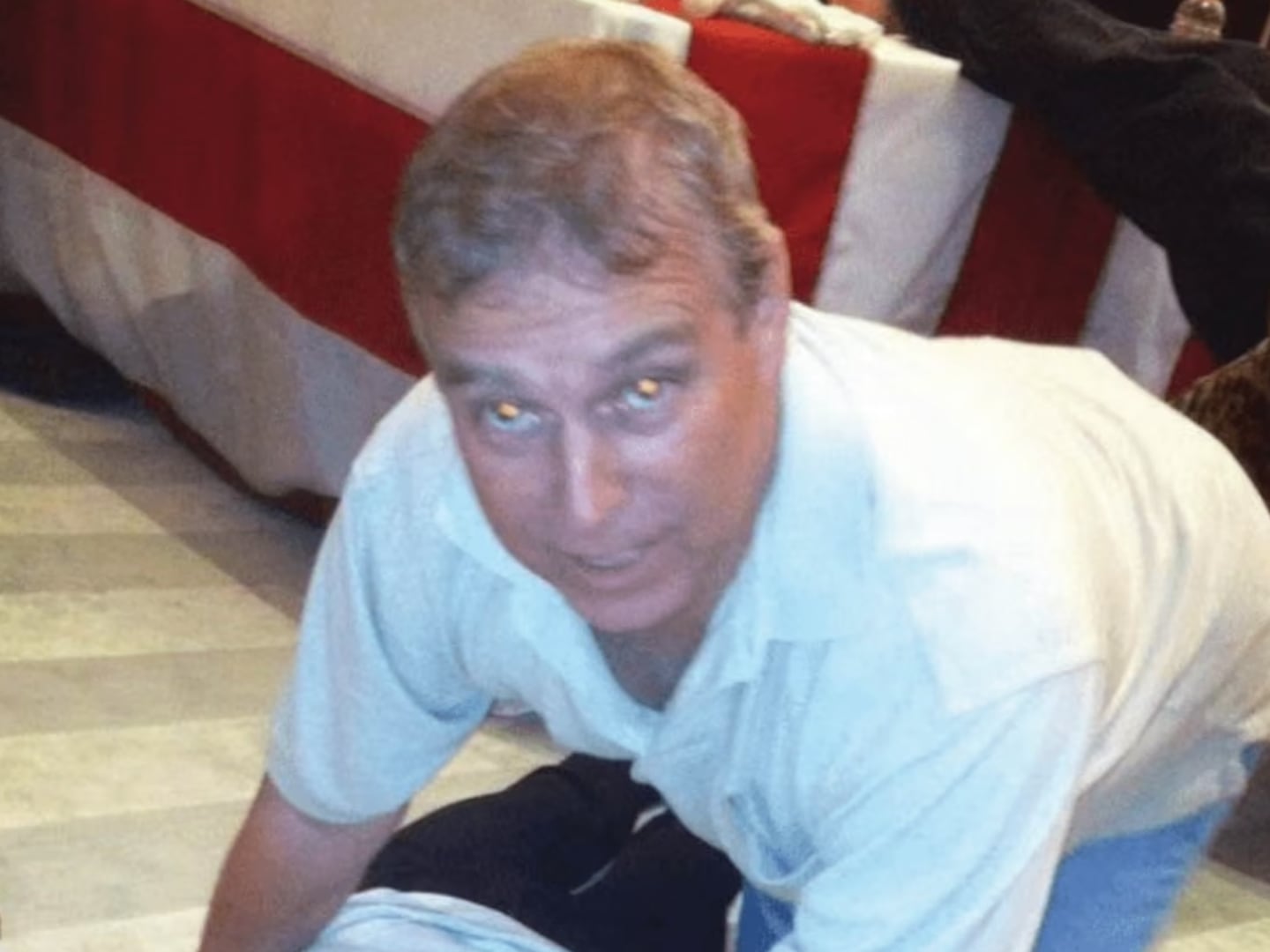Where did you grow up?
A yellow, ivy-covered house on a dead-end street in Newark, Delaware.
Where and what did you study?
In college, I majored in Creative Writing and French, which my father referred to as Starvation and Poverty.
Where do you live and why?
I’m moving from sunny Florida to the bitter cold of the progressive northeast – to be closer to family and for my kids.
What’s your morning routine like, particularly with your four kids?
I stay up late working (or worrying). My husband gets the kids to school; we have four kids. I wake up when he gets home. We have a morning meeting and start to work.
Do you have any distinctive habits or affectations?
My students pick these off; I teach at Florida State University. One told me, “I love it how sometimes you break into an Irish accent and say ‘alrighty then’ to get someone to wrap it up.” I had no idea. None. I get into certain modes of speaking, hand-gestures, a singular song that I belt out at home all day long. I sometimes – weirdly – cheer, just to be obnoxious to my children. I could go on…
What is your favorite item of clothing?
I like to wear exercise/yoga-like pants inside out. I don’t do yoga; I don’t like the chafe of seams.

What is a place that inspires you?
I like to hole up. Give me a small cluttered room and I’ll write. I don’t need too much quiet (something I’ve learned not to be dependent on) and I try not to complicate things with prissy habits. (I could priss, don’t get me wrong. So I refuse to allow it.) Sure, give me a small room in Paris, but really I’m in my head.
Describe your routine when conceiving of a book and its plot, before the writing begins.
Honestly, the books that have come to me the most whole are novel ideas that have come to me while talking to my husband. Most don’t come whole. Pure came to me in chunks that began to fit together.
Do you have any unusual rituals associated with your writing routine?
I’ve learned to write while not writing. I had to. I’ve trained myself to play out scenes in my head and edit there, visually. I’ve learned when to walk away. Sometimes I need to get in the car and drive. I write daily. I believe in the golden blur between waking and sleeping. I have my go-to books that inspire, which vary project to project. I believe in being aware of your creative process and honing it.
Is there anything distinctive or unusual about your work space?
I often have big pads of art paper. I map on those – things that likely wouldn’t make sense to anyone else. I pin and tape these up with small scraps as well to the edges of bookcases. Open the door, the room flutters. And dark chocolate bars.
You have published in a wide variety of genres (and under a variety of names). How does your approach differ for each genre?
The genre follows my mood. And when one genre is fighting me, I turn to another.
Pure has received the most attention and acclaim. What prompted you to try a novel that’s an Adult/Young Adult crossover, and how did you adjust your plotting and writing style for this different readership?
I started out as an adult novelist. I’ve also written novels for middle grade readers. My oldest two kids are now 17 and 15. It seemed like a ripe time for me to be thinking about the teen years, which I find to be naturally post-apocalyptic. Childhood is over. Adulthood looms.
Describe your ideal day.
I like having turned in something big and starting something new that’s been burning in my head, off-limits for a while, and mixing that with real life.
Describe your evening routine.
I usually help put kids to bed and work a few more hours. By the time I get to bed, my husband’s been asleep awhile, so I wake him up and we get to actually talk – in a quiet house.
What is your favorite snack?
On a hummus kick.
What’s the story behind the publication of your first book?
An agent asked me if I was working on a novel. I was a short story writer publishing in little lit mags. I’d been told this might happen and was warned to stay true to the short story as a form. My answer? “Yes, I’m writing a novel.” I can get the first fifty pages to you in a month. So I wrote them. Girl Talk was based on one of those short stories.
Was there a specific moment when you felt you had “made it” as an author?
No. Failure is a deep part of what drives me, and it gets embedded early. It’s a brutal industry. Everything I’ve ever written fails for me in some way. It’s how I bury it and move on to the next project, which I tend to idealize.
What do you need to have produced/completed in order to feel that you’ve had a productive writing day?
There’s an old saying. When there is no wind, row. I row every day. It’s not about page count. It’s about simply rowing.
Tell me a funny story related to a book tour or book event.
I once showed up to read and had been warned that a debut writer was also reading that night—a last minute add-on. I showed up and someone asked me to take a ticket. “We’re doing airplane seating for the signing.” The crowd was that massive. Who was that little old debut writer? Um, Michael Moore. I took a ticket.
What would you do for work, if you were not a writer?
I’d love to have been a choreographer.






